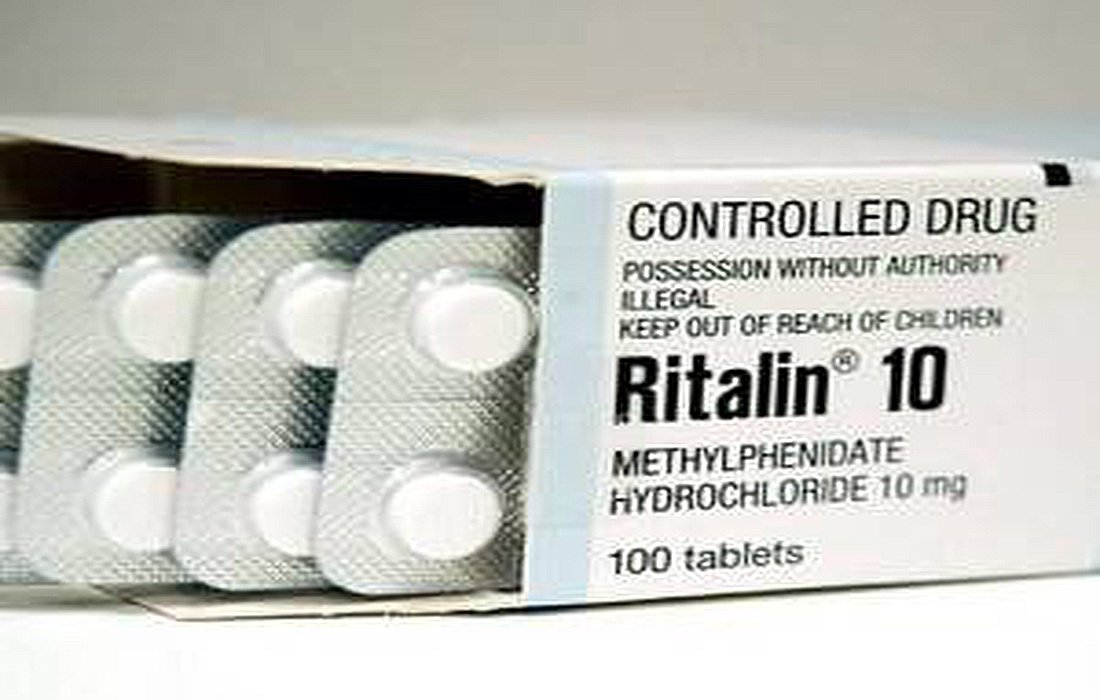MedicationRitalin(Methylphenidate) what is it and what is it used for?
Ritalin is a prescription medication used to treat symptoms such ashyperactivityor attention deficit in adults and narcolepsy. This medication is used alone or sometimes in combination with other medications because these types of drugs are stimulants. Ritalin is a significant medication for children under six years old.

What are the side effects of Ritalin?What is it?
Ritalin may cause side effects including:
- Chest painand breathing problems
- Dizziness
- Hallucinations
- New behavioral issues
- Anger
- Paranoia
- Irritability
- Restlessness
- Dizziness
- Headaches
- Fainting
- Anemia

- Liver failure and skin problems
- Numbness and pain in fingers and toes
- Feeling cold in fingers or toes
- Unexplained sores
- Skin discoloration (paleness, redness, or bruising especially on fingers and toes)
- Erectile dysfunction with pain that may last 4 hours or longer.
*If you experience any of the above symptoms, see a doctor as soon as possible.
Common side effects also include:
- Mood changes
- Heavy sweating
- Feeling anxious and irritated
- Sleep problems like insomnia
- Increased heart rateFast
- Chest pain duringPalpitations
- IncreaseBlood pressure
- Loss of appetite
- Weight loss

- Dry mouth
- Nausea
- Stomach pain
- Headache
Explanation about Ritalin medication
Ritalin hydrochloride is a mild stimulant for the central nervous system that is commonly available in 5, 10, and 20 mg tablets. People with heart issues should consult their doctor about this medication as it may pose risks for them.
Drug interactions with Ritalin
- Ritalin can also lead to physical problems. Sometimes, it may cause strokes, cardiovascular issues, or even death when taken with certain other medications.
- Taking Ritalin with monoamine oxidase inhibitors can cause interactions even after 14 days of using this medication.
- Ritalin reduces the effects of medications specifically for blood pressure.
If you are taking any medications, inform your doctor to consider drug interactions and avoid prescribing any harmful combinations.

Dependency on Ritalin
As discussed in the health sectionSelMagzRitalin is a medication that can lead to dependence if not taken properly, and sometimes excessive use can cause harm. Signs of drug dependence include:
- Rapid breathing
- Palpitations and high blood pressure
- Excessive sweating
- Restlessness
- Overactivity
- Restlessness
- Insomnia
- Loss of appetite
- Decreased coordination
- Reddening of the skin
- Vomiting

- Stomach pain
- Anxiety
- Anger
- Suicidal thoughtsand more.Signs of Ritalin overdose
Signs of overdose after using this medication are very evident and involve the central nervous system, including symptoms like:
Nausea
- Vomiting
- Diarrhea
- Severe restlessness
- Anxiety

- Anger
- Cold sweat
- Dry mouth
- And aggravation of all the side effects mentioned above.
**So, you must use the medication according to the dosage prescribed by your doctor.
Guidelines for using Ritalin
Take the medication as prescribed by your doctor
- Do not change the dosage.
- Do not chew or crush the tablets
- Swallow the tablets whole.
- If the Ritalin tablets are too large for you, ask your doctor for a smaller version.
- Make sure to visit your doctor regularly as you may need to stop taking the medication.
- Check and monitor blood pressure, heart rate, and other body functions.

- Weigh and measure the height of your children after they take the medication.
- Store the medication in a safe place, out of reach of children, at room temperature between 68°F and 77°F or 20°C to 25°C.
- Keep it away from moisture in a dry and cool place.
- Do not use expired Ritalin.
- Do not take Ritalin with any beverage other than water.
- Ritalin







